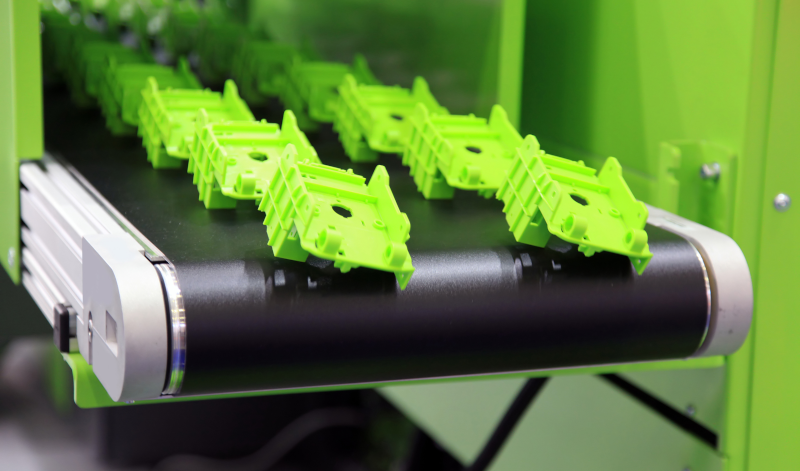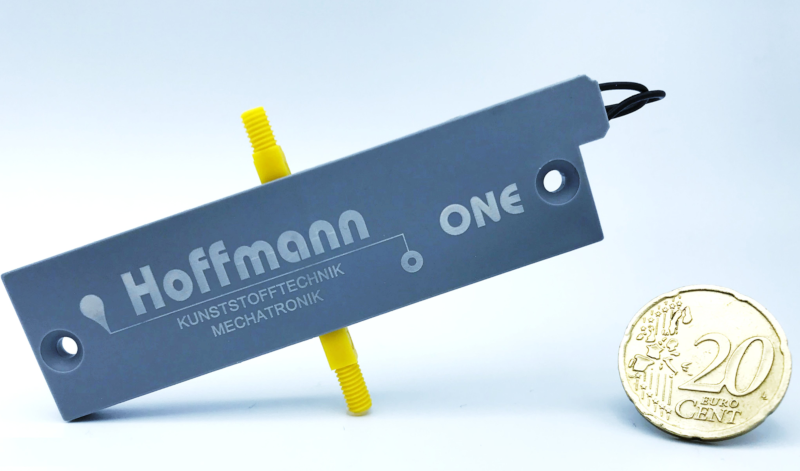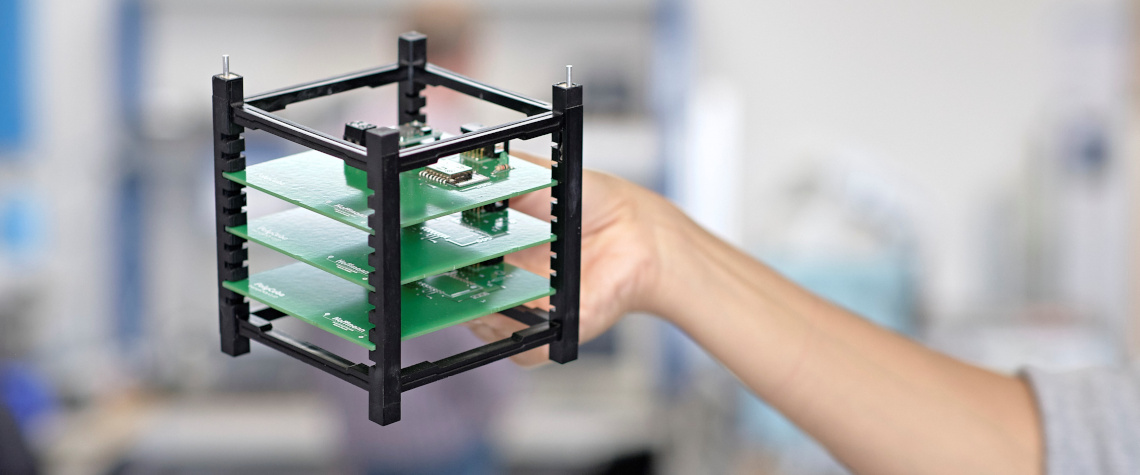Actuators and systems for aerospace applications
Aerospace systems: simple, light & smart
Thanks to their positive properties, plastics are increasingly displacing existing materials such as aluminum and other metals in aviation technology.
Compared to metals, they represent a weight saving of up to 70%, which is of great advantage, especially in aviation, as costs can be saved through every kilogram of kerosene saved. The more favorable material costs, optimized and automated manufacturing processes can also reduce costs.
In addition, the polymers are corrosion resistant, which leads to an improved service life of the components.
Finally, the ecological aspect should not be ignored. For example, compared to aluminum as a material, the use of plastics can save up to 80% of CO2 equivalents. The lower weight also contributes to lower CO2 emissions during use.
These are just a few of the many benefits of using polymers in aerospace applications.

Project: Lightweight Actuators for Aviation (LuLA)
Lightweight construction is an essential part of value creation in the aviation industry. At the level of automated systems, there are comparatively fewer opportunities for weight savings. The basic physical principles of an electromagnetic system leave little scope for significant weight reductions, which is why innovative ideas for expanding functions in the passenger cabin are not implemented due to the additional weight. are not implemented due to the additional weight. With the LuLA – Lightweight Actuators for Aviation project, our industrial consortium aims to develop shape memory actuators in accordance with applicable aviation regulations into holistic actuator systems in the passenger cabin. For this purpose, several application scenarios for safety applications will be developed and validated. will be developed and validated.





